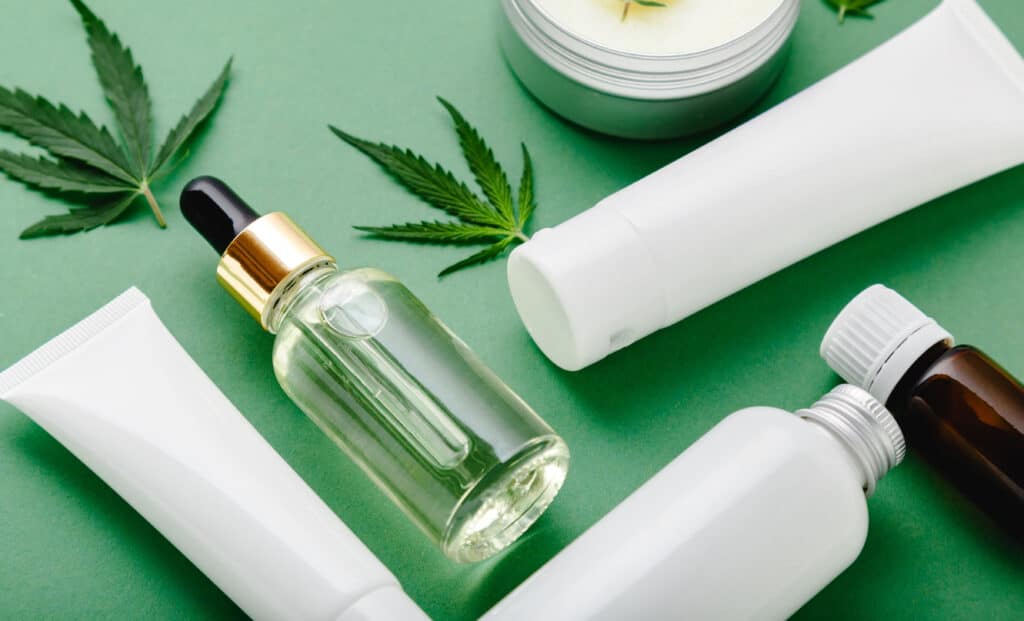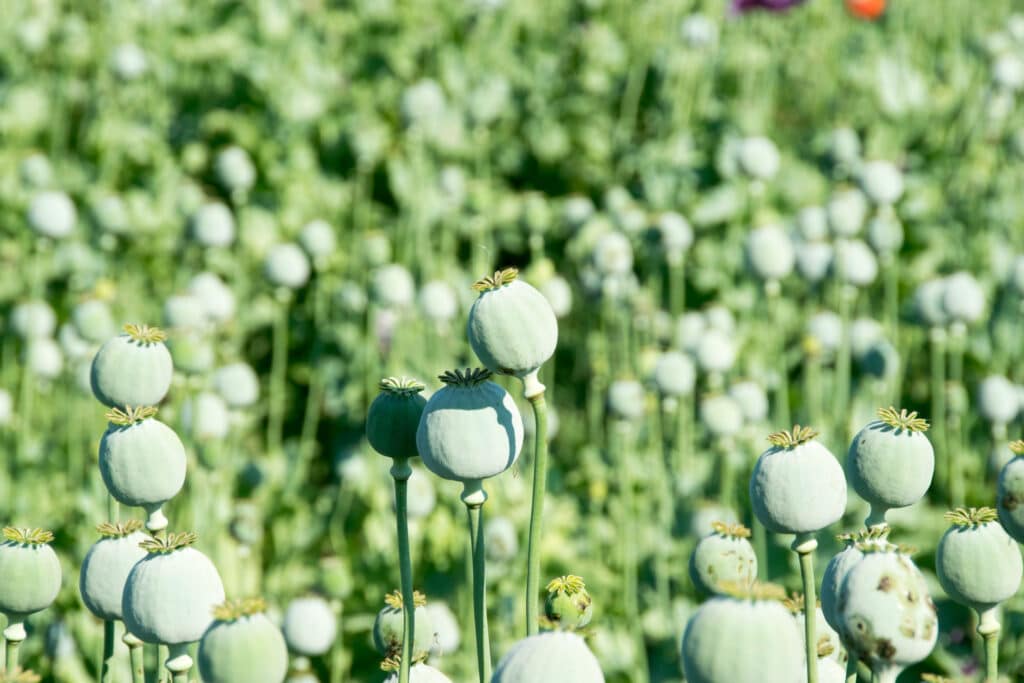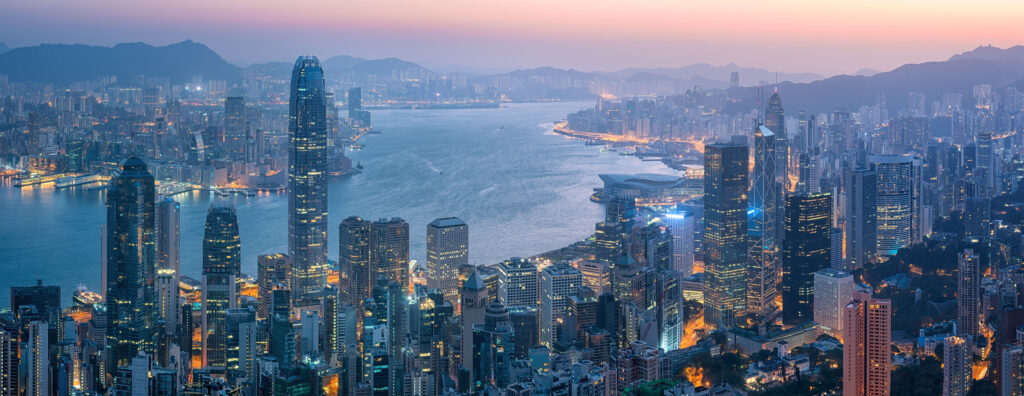Hong Kong used to be cool with CBD. Within the last year, the city changed its stance, and instituted a ban. It made it clear it would no longer put up with this particular compound, though never gave a good reason why. Recently, Hong Kong put its money where its mouth is, imprisoning a woman for CBD possession. Read on for more information.
A bit about Hong Kong
Hong Kong is a former British colony, located on the South-Eastern side of China. It became a part of China in 1997. This came at the end of a 100-year lease by the British, for which time it was subject to English rule. Hong Kong is a major industrial center, which houses 7.5 million people. Sitting on 426 square miles, its one of the most densely populated areas of the world.
Today Hong Kong is considered an administrative region, as per its official title: Hong Kong Special Administrative Region of the People’s Republic of China. It maintains autonomous rule from mainland China; although this is a questionable point, given China’s history of using excessive force, even when it says it won’t. Hong Kong’s recent legal CBD policy update, brought it in line with Chinese cannabis law; a sign that Hong Kong’s move may have been a result of Chinese pressure.
Hong Kong is a major center for international business; and one of the world’s largest financial centers. It ranks 3rd in the Global Financial Centres Index. Hong Kong residents enjoy a high life expectancy, a high quality of life, and a high per capita income. Like almost anywhere else, Hong Kong has major issues with wealth inequality; and on the high end, is the home to the 3rd largest number of billionaires in a city.
The city has a highly developed public transportation system. Unlike in some countries where public transportation is more utilized by lower classes; a huge 90% of the population uses it in Hong Kong. Hong Kong is considered one of the most highly developed cities of the world.
Hong Kong imprisons woman for CBD
The incident in question happened on March 29th of this year. A 32-year-old woman was stopped at the airport when attempting to enter the city. She was found with a couple different drugs. According to reports, she had two CBD personal care products, as well as 2.2 grams of ketamine, and several syringes. She was traveling from the US, though her nationality was not released. The estimated total value of the products seized, was $16,600. Whether that figure is correct, or if it includes the ketamine and syringes, is unknown.
She received two drug counts, and a separate count for the syringes. On July 7th she was sentenced to two months in prison for her actions. According to the Customs and Excise Department, which made the announcement that Friday, “Customs welcomes the sentence,” and “the custodial sentence reflects the seriousness of the offense and serves as a clear warning to the general public.”
When caught, the products were taken for testing; and noted as only suspected items at the time. Tests confirmed the 2.2 grams as ketamine, and measured approximately five grams of CBD between the different personal care items. CBD and ketamine are in the same grouping of dangerous drugs in Hong Kong, and incur the same punishments.
Since the current CBD ban began earlier this year, government officials reported to AFP that about 852 CBD products were seized, and six arrests made. Realistically, the woman in this most recent case did okay considering the options. Under Hong Kong law, CBD possession can be met with up to seven years in prison, and HK$1 million (US$127,000) in fines. Manufacturing it, along with importing and exporting; incur harsher punishments.
Hong Kong and CBD
Prior to last year, Hong Kong had a healthy CBD industry. From supplements, to infused products like beer and coffee; the people of Hong Kong had a plethora of CBD options, and no one had a problem. Then in October, a statement came out saying the government decided to illegalize the compound, and put it in the same drug category as drugs like heroin, fentanyl, and methamphetamine. This changeover went into effect on February 1st, 2023. As a reclassification, CBD was moved to the Dangerous Drugs Ordinance.

At the time of this decision, the government stated: “The trade and the public should arrange early disposal of any CBD products in their possession to avoid contravention of the law.” Not a lot of other information was given. Just the idea that CBD can be converted to THC, and is essentially inseparable from it; and therefore must be banned.
There was no other lead-up, and no argument or controversy that the new policy ended. It wasn’t a debated point. There was no law in motion. It wasn’t a back and forth conversation in the country, or an issue the government harped on. It wasn’t a thing, and then just like that, the announcement came out. Coupled with the warning, to ensure people and businesses got themselves in line within the given time frame.
To smooth this process, the government kindly offered to help people rid themselves of their CBD products. It left out CBD disposal boxes on different government premises. The night before the ban went into effect, authorities said they collected as many as 77,400 CBD products in this way. The majority were skincare products, oils, and supplements.
What about China?
The Hong Kong CBD update put the city on the same line as mainland China in terms of CBD policy. Mainland China (the People’s Republic of China) fully illegalized the compound back in 2021, with a final ban on cannabis cosmetic products. As most places (cities/countries…) won’t end an industry that’s doing well, (especially when there isn’t controversy); it stands to reason that though Hong Kong is supposed to have autonomy, that this decision might be from Chinese pressure.
China and Hong Kong cannabis policy go in contrast to China’s place as the main exporter for hemp and medical cannabis products globally. Though residents are not allowed to have such products in the country, China has no issue sitting atop the international market selling them. Cannabis is 100% illegal in China; yet China exported, for example, over 1/3 of all cannabis oil on the international market in 2019; and held about half of all global patents for cannabis according to the World Intellectual Property Organization, a few years ago.
How much of China’s current policy is relevant to the opium wars, is hard to say. Opium was used by the British to weaken China in order to gain control of the land and people 100-200 years ago. And it worked, much of the country’s population suffered widespread opium addictions; and the country at large had to deal with all the social and industrial repercussions related to that kind of drug use.

This culminated in two different Opium Wars, the first in the late 1840’s when China seized product to attempt to stop its dissemination; the British fought back under the guise of free trade. The second war was in the mid-1850’s, and had to do with whether Britain and France could maintain ability to keep trading opium in China.
The Opium Wars stand as a heinous act in history that can’t be sanitized; and one for which a formal apology was never made. However, prior to becoming a British Prime Minister, then parliament member William Ewart Gladstone referred to the entire period as a massive atrocity in 1940, and reason to fear the wrath of god for how China was treated. He said of it that it was “a war more unjust in its origin, a war more calculated in its progress to cover this country with permanent disgrace.”
Though many agree that having such strict regulation for a compound like CBD is unnecessary; perhaps it makes sense that China is as rigid as it is when it comes to drugs. It doesn’t want to see its population beholden to another country again. As far as how or why this affects Hong Kong, is a whole different issue. The policy of the country and the city might be related, and it might not be. There is no solid confirmation that China was involved in Hong Kong’s CBD policy change; it just stands as a strong possibility.
Conclusion
For now, if you’re tied to your CBD products, best to keep yourself and those products, out of Hong Kong. It’s government is making it clear, marijuana is uniformly illegal, and if you do possess CBD in Hong Kong, you could be looking at prison.
Welcome all readers! Thanks for joining us at Cannadelics.com. We’re an independent news publication focused on cannabis and hallucinogen reporting, and well beyond. We’re always here, so come around for updates; and sign up to the Cannadelics Weekly Newsletter, so you’re always first to get the news.





